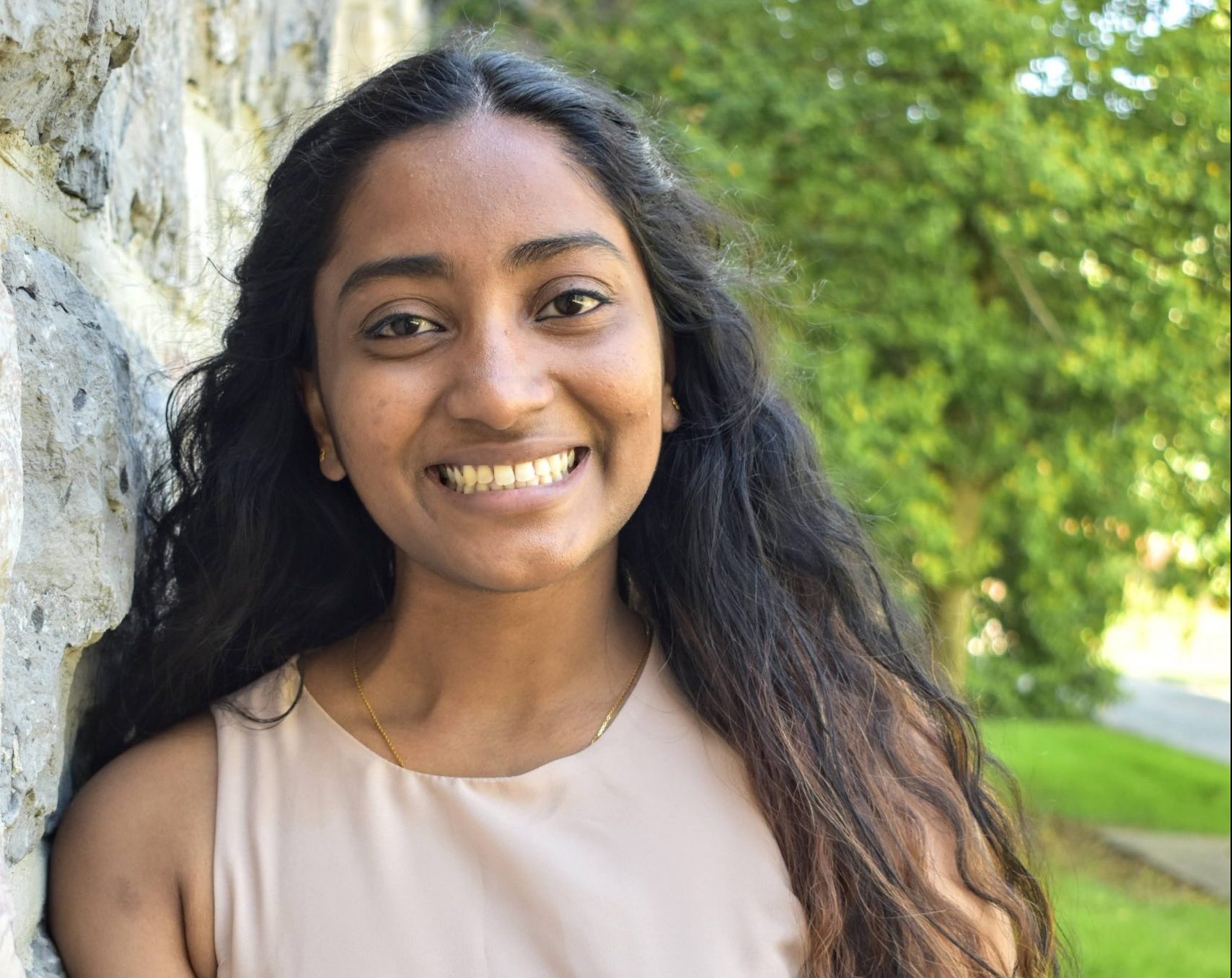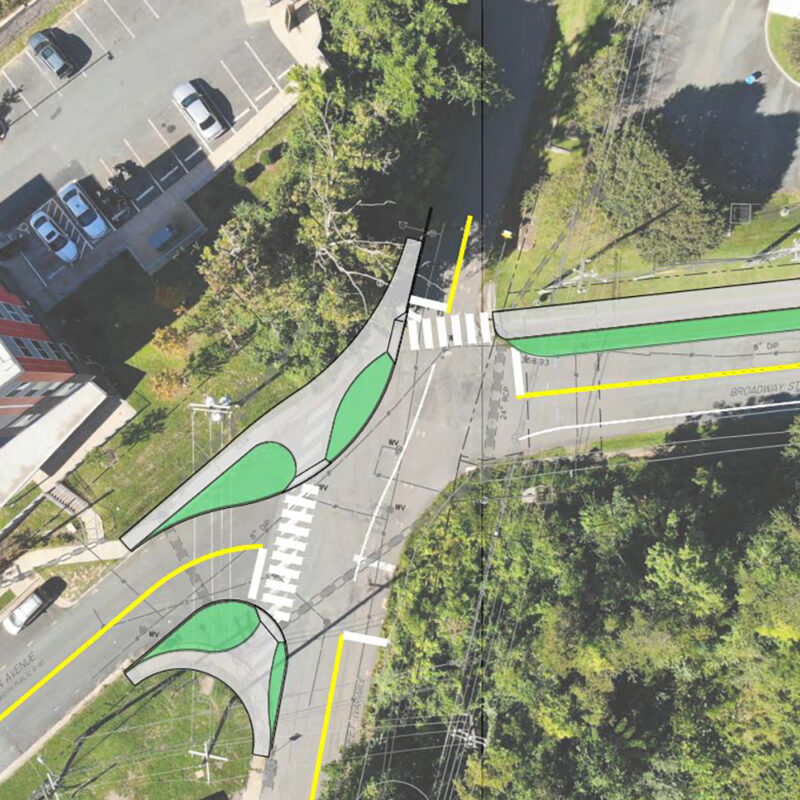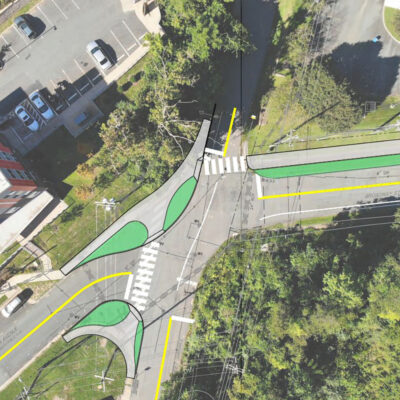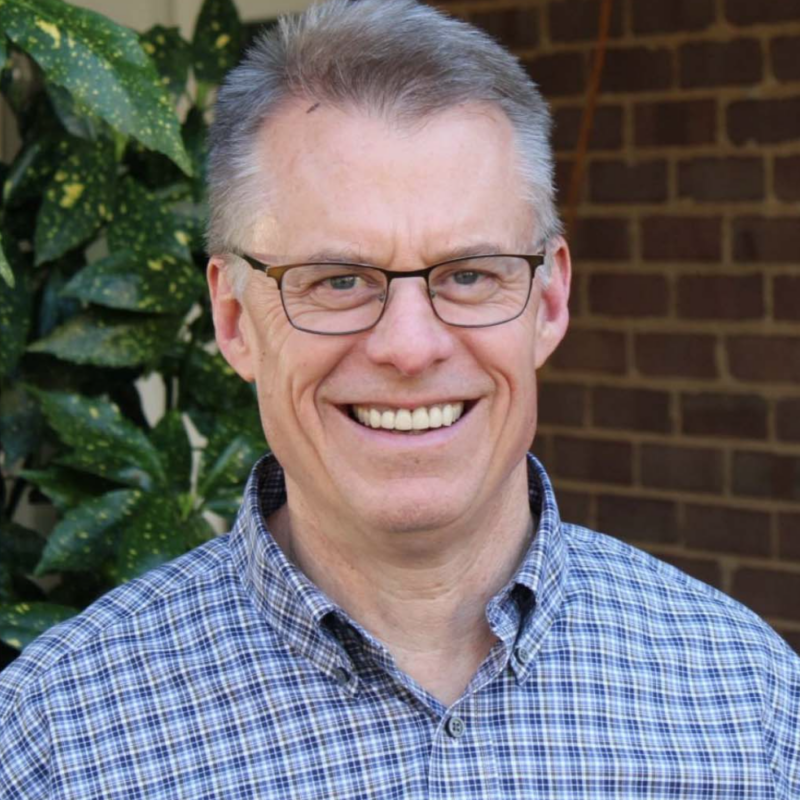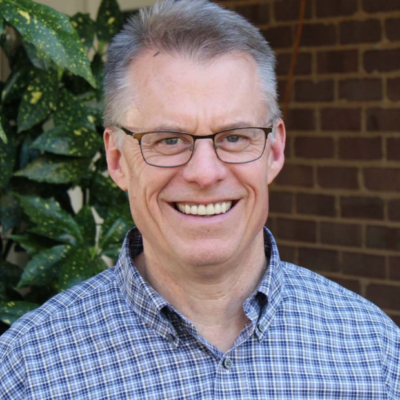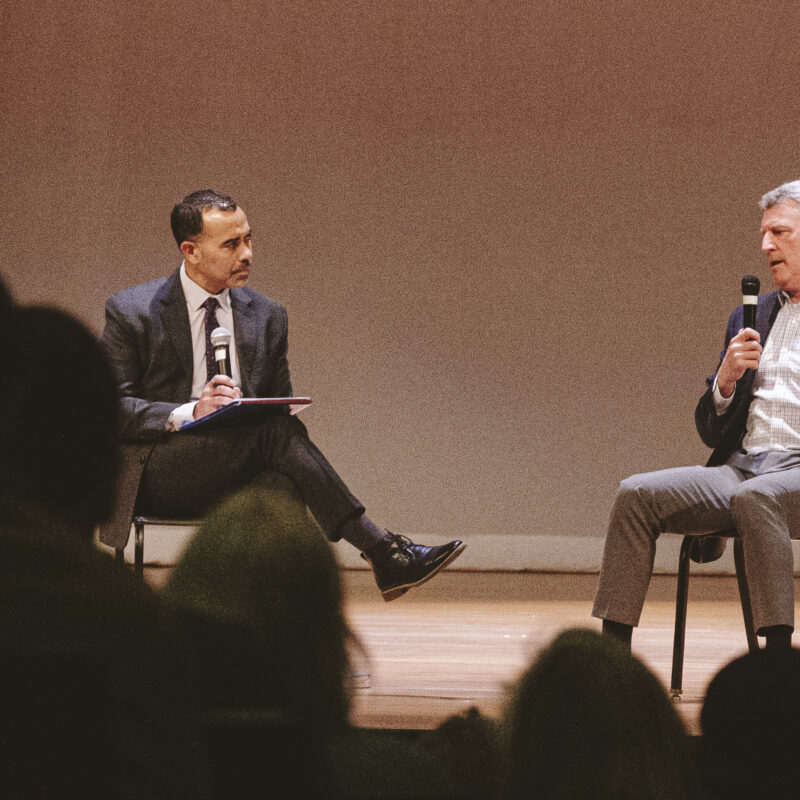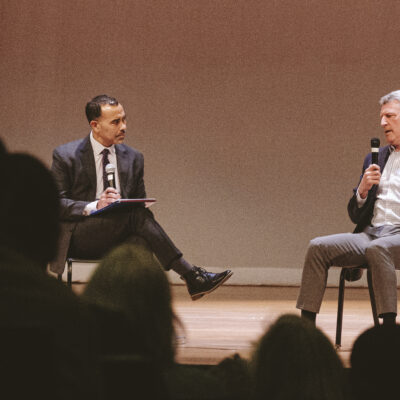Charlottesville resident Dhanya Babu moved to the city from India when she was 8 years old. Unable to speak English well, she enrolled in the ESOL program at Albemarle County Public Schools—and came full circle last year when she returned to work for the school division. Now, she is headed to West Africa to teach English to students in Benin, as one of the first Peace Corps volunteers to resume service overseas in over two years.
“It’s kind of a once-in-a-lifetime opportunity, and I feel like I’m in a good place in my life to go and explore that,” says Babu. “I believe in the mission of the Peace Corps to go and do something, to serve internationally, and I feel like I can truly make a difference.”
The Peace Corps, a federal program that sends volunteers around the world to provide humanitarian aid, evacuated nearly 7,000 volunteers from over 60 countries at the start of the pandemic. Both first-time and evacuated volunteers are part of the cohorts going into service. The first group of volunteers to return to service since 2020 arrived in Zambia on March 15. Babu left for Benin, a country in West Africa, this week.
Babu studied human development and communication at Virginia Tech and applied for the Peace Corps one month after graduating in May 2021.
“I just wanted to broaden my horizons and see if I really want to do social work and what kind of social work I wanted to do,” says Babu. “I’ve always wanted to do the Peace Corps, so I figured I should just apply.”
After not hearing back for a while, she decided to apply to graduate school—but in February, she finally received notification of her acceptance into the Peace Corps. She rejected all of her graduate school acceptances, and will reapply after returning from service.
Peace Corps volunteers can apply for a specific position in a specific country related to one of the organization’s six sectors—agriculture, community economic development, education, environment, health, and youth in development. Babu, however, chose to go wherever volunteers are most needed, and was assigned to Benin to teach English as a foreign language.
Volunteers will undergo a 10-week training before beginning a two-year period of service, in which they will be trained in the culture and language of the host country. Prior to the pandemic, volunteers would stay with host families in order to integrate into the local culture, but now, as a safety precaution, volunteers will live together during the training period.
“I feel like I can get to know the community that I’m working with and get to know their needs, not just go in with my mission and what I want to achieve, but it’s about what they want to achieve,” says Babu.
The national language of Benin is French, so Babu will undertake extensive French-language training, while volunteers who already speak it will learn one of the local languages. One of the things Babu is most nervous about is not being able to speak French well enough to hold a good conversation.
“I think I’m just nervous about that hindering that relationship-making process,” she says. “But I think with time that will be something that I can overcome, and it will be a good learning process. If I’m teaching English, then I think the process of me learning French and that being hard for me can be a good common point between me and my students.”
Beyond their individual local projects, all volunteers will assist community members with COVID-19 recovery and development efforts.
“The largest global vaccination effort in history is underway while other widespread health, social, political, and environmental issues continue to erode the foundation of our global society,” says Peace Corps CEO Carol Spahn. “Actions taken in the next few years have the potential to fundamentally impact development trajectories for decades to come.”
In addition to teaching, Babu can pursue a secondary project. She wants to really get to know the community she is working with and find out what their needs are in order to best provide help.
“I’m just really curious to learn all the things that made the people who they are,” Babu says. “I know my culture and my schooling and being an immigrant, all those things impacted who I am.”
“Getting to know all the things that influenced the people in Benin—or the students in Benin—I feel like that’ll give me a really good perspective,” she adds.
